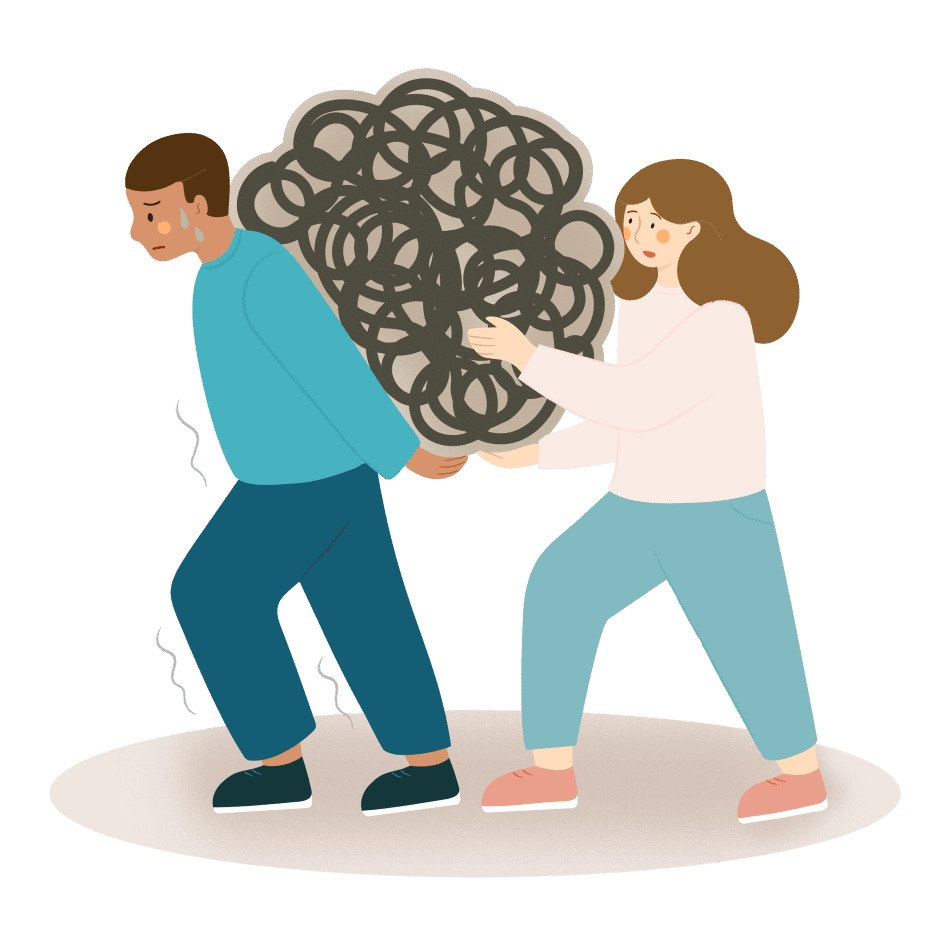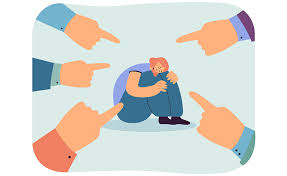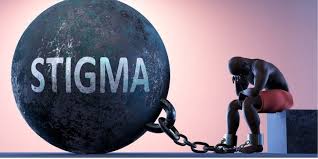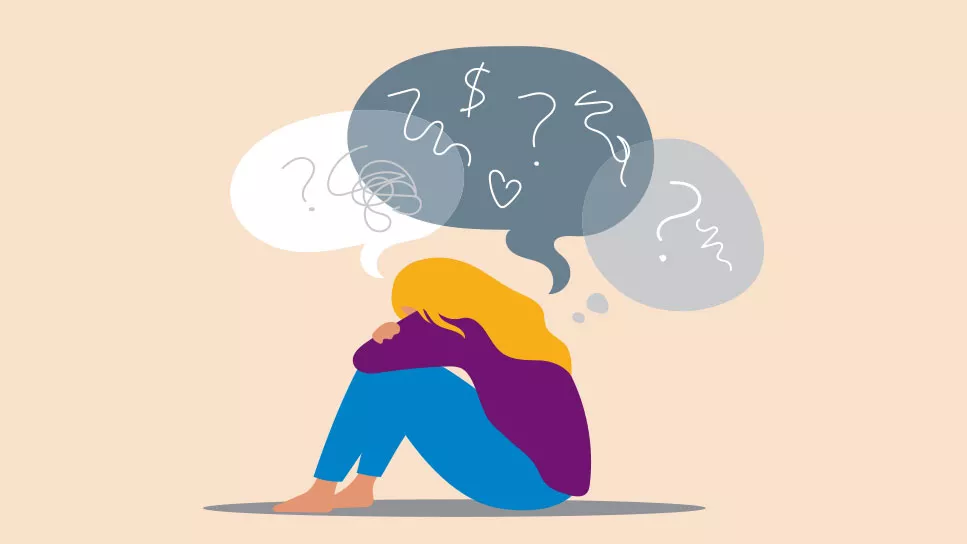Confronting Mental Health Stigma: A Call to Action for Understanding and Acceptance

Mental illness stigma occurs when someone holds unfair attitudes or beliefs toward individuals facing mental health challenges. The term “stigma” implies a mark or blemish, and it manifests when individuals stereotype or label those with mental health issues based on their symptoms or conditions.
People with mental illness often encounter stigma, experience negative judgments, differential treatment, and feelings of shame or embarrassment regarding their condition. Stigma can lead to discrimination in various spheres, exacerbating the challenges of mental illness.

Examples of Mental Illness Stigma
Instances of mental illness stigma include derogatory remarks like “You’re crazy,” or “She’s schizophrenic,” as well as dismissing someone’s depression by saying, “You can’t be depressed; you’re so happy.” Additionally, ridiculing or belittling individuals seeking help for mental health issues perpetuates stigma.
Stigma typically involves inaccurate stereotypes, such as portraying individuals with mental illness as “scary,” “comical,” or “incompetent.” Those with anxiety might be unfairly labeled as weak, while individuals with schizophrenia may be falsely associated with violence.

Causes of Stigma
Stigma arises from a lack of understanding about mental illness, fueled by ignorance and misinformation. Negative attitudes or beliefs (prejudice) toward mental illness contribute to stigma, leading to discrimination. Even some mental health professionals may hold stigmatizing views, further perpetuating societal misconceptions.
Media also plays a role in reinforcing stigma by depicting inaccurate stereotypes, linking mental illness to criminality or violence, and misusing mental health diagnoses to explain behaviors. For instance, portraying mental illness as inherently violent fosters the misconception that all individuals with mental illness pose a danger, despite research indicating they are more often victims than perpetrators of violence.

Impact of Stigma on Individuals with Mental Illness
Stigmatized individuals may face differential treatment, exclusion, and discrimination, exacerbating feelings of isolation and worsening mental health conditions. Dealing with stigma can be more challenging than coping with the illness itself, as it can diminish self-esteem, trigger suicidal thoughts, and deter individuals from seeking treatment or engaging in society.
Stigma can lead to various negative outcomes, including discrimination in employment and housing, social exclusion, bullying, victimization, and feelings of unworthiness. Cultural stigmas surrounding mental health can further impede help-seeking behaviors and perpetuate shame within families.

Dealing with Stigma
To address stigma, individuals can:
- Seek treatment without fear of discrimination.
- Recognize that they are more than their illness.
- Refute negative stereotypes with facts.
- Challenge misinformation and stereotypes.
- Share their experiences to combat shame.
- Join support groups for solidarity and education.
- Seek support from friends, family, and mental health professionals.

Reducing Stigma
Everyone can contribute to reducing mental illness stigma by:
- Challenging myths and negative stereotypes.
- Reporting instances of stigma in the media.
- Using respectful language when discussing mental health.
- Speaking out against discrimination and bullying.
- Examining and adjusting personal attitudes toward mental illness.
By taking collective action, educating others, and advocating for respect and acceptance, society can work towards reducing the stigma surrounding mental health and promoting inclusivity and support for all individuals.




